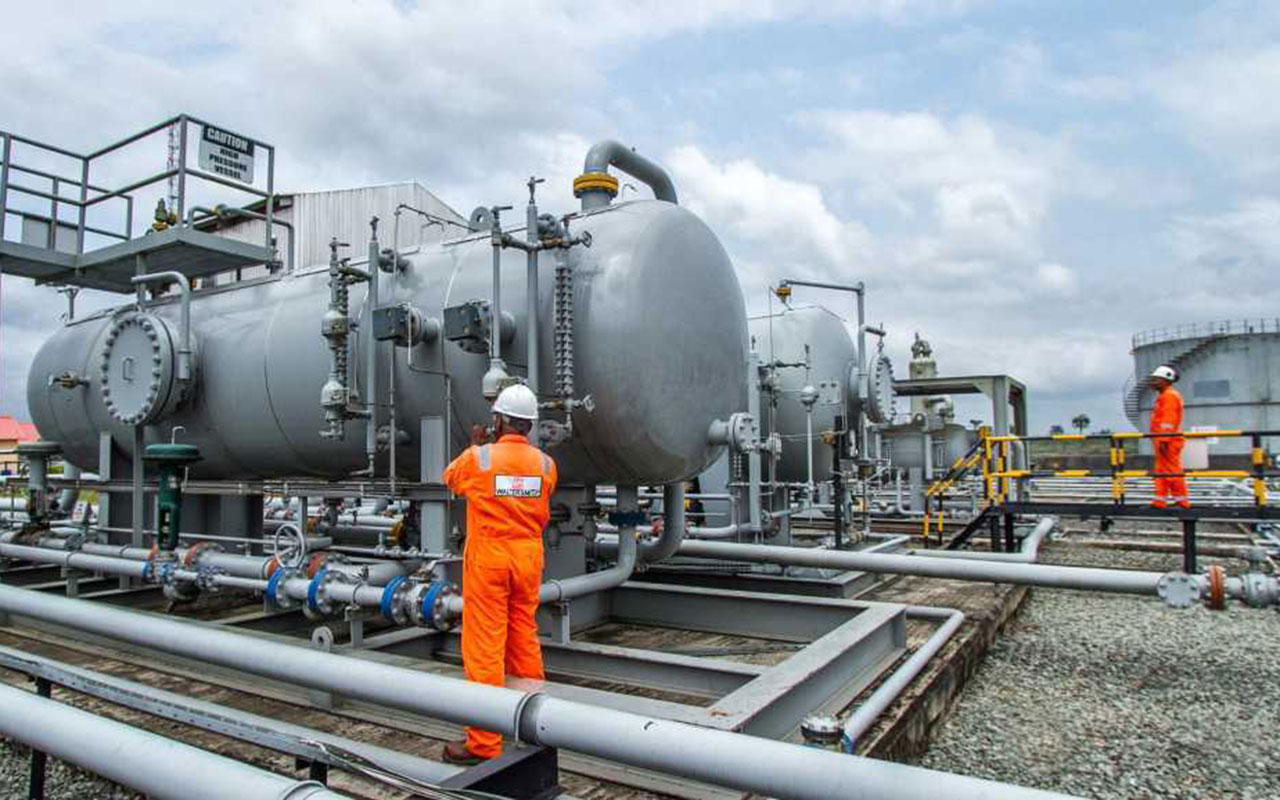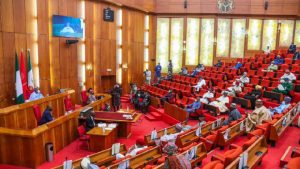International financiers poised to fund the construction of approximately 20 modular refineries in Nigeria have withheld their financial support, citing the lack of guarantees for crude oil supply to these facilities once they are completed.
This development poses a significant setback for Nigeria’s efforts to boost its domestic refining capacity and reduce its dependence on imported refined petroleum products.
The main obstacle is the inability of crude oil producers in Nigeria, predominantly international oil companies (IOCs), to provide assurances that crude oil will be supplied to the modular refineries.
Without these guarantees, financiers are reluctant to release the necessary funds for the projects.
Despite being the largest crude oil producer in Africa, Nigeria exports the majority of its crude oil to generate foreign exchange, which in turn deprives domestic refiners of the necessary feedstock.
This situation is exacerbated by the difficulty domestic refiners face in sourcing U.S. dollars needed to purchase crude oil.
Currently, Nigeria has 25 licensed modular refineries. Out of these, five are operational and producing products such as diesel, kerosene, black oil, and naphtha. Around ten are at various stages of completion, while the others have been granted licenses to establish but have yet to commence construction.
Operators of these modular refineries have expressed frustration over the situation. They highlighted that aside from the five operational plants, the rest are struggling primarily due to the unavailability of crude oil. This critical issue has resulted in the stalling of funds from financiers who are waiting for the Federal Government to secure commitments from IOCs to supply crude oil to the modular refineries.
An operator of a modular refinery, who preferred to remain anonymous, stated, “The lack of crude oil supply guarantees is a significant bottleneck. Without assured feedstock, it is impossible to secure the necessary funding to complete these projects.”
The Federal Government is now under pressure to intervene and ensure that IOCs provide the required guarantees. This would involve negotiations and possibly policy adjustments to prioritize crude oil supply to domestic refineries over exports.
Achieving this would not only unlock the withheld funds but also enhance Nigeria’s refining capacity, reduce dependency on imported refined products, and create jobs.
For more news https://classic91.net/news/









